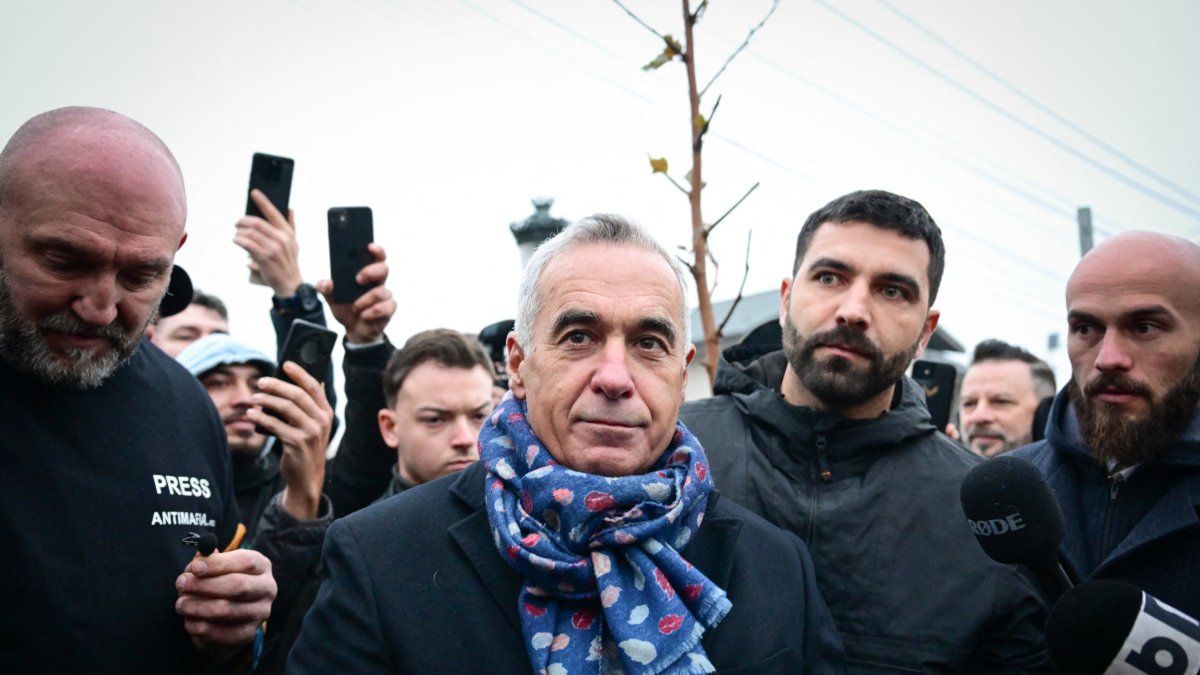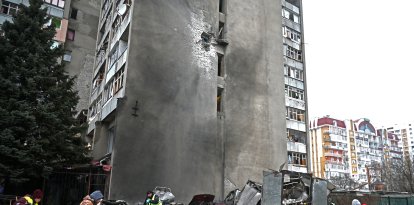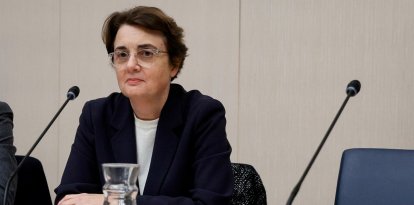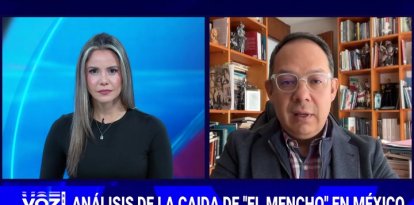Romania: EU and Blinken justify electoral cancellation due to Russian interference
The Romanian Constitutional Court annulled the results of the first round of elections, in which independent candidate Calin Georgescu was in the lead, after the government declassified information revealing Moscow's interference in the campaign.

Calin Georgescu, independent candidate for president in Romania.
The future of the Romanian presidency remains uncertain after the European Union added its voice to accusations of Russian interference in the election campaign. This week, the European Commission launched an investigation into TikTok for allegedly meddling in the Romanian presidential election on behalf of Russia.
In early December, the first round of the presidential election was annulled by the Romanian Constitutional Court after the government declassified intelligence documents that revealed Russian interference in the electoral process.
The results of that round came as a surprise, particularly to the European Union and the White House. Independent candidate Calin Georgescu, a staunch critic of the globalist establishment, finished in first place with 22%, more than two points ahead of Elena Lasconi, a liberal and pro-European candidate.
However, that victory proved short-lived after the Constitutional Court annulled the results. The investigations and accusations supporting the Romanian judiciary's decision are primarily focused on campaign messages and media coverage, rather than the electoral process itself or its integrity.
This decision was supported by the United States. Secretary of State Antony Blinken expressed his backing for an investigation into the interference, stating at an Organization for Security and Cooperation in Europe (OSCE) meeting in Malta that “Romanian authorities are uncovering a large-scale and well-financed Russian operation to influence the recent presidential elections.” Blinken made these remarks the day before the Romanian Constitutional Court's annulment of the election results.
In her announcement regarding the TikTok investigation, European Commission President Ursula von der Leyen emphasized the need to “protect our democracies from any kind of foreign interference.” She added, “Whenever we suspect such interference, especially during elections, we must act swiftly and decisively.”
Given the ongoing war in Ukraine, Romania is a crucial player for both the White House and the European Union. As a result, a shift in executive power toward an independent candidate could be seen unfavorably in Brussels and Washington, D.C.
Calin Georgescu, the independent candidate, has expressed skepticism toward NATO throughout his election campaign. Romania, however, is a member of the military alliance and hosts a significant international detachment tasked with protecting the eastern flank, along with several anti-aircraft battery systems.
For Georgescu, the presence of NATO forces, particularly the anti-missile shield batteries, in Romania represents a “diplomatic embarrassment.” He has also questioned whether the alliance would actually defend Romania in the event of a Russian attack. Additionally, he has criticized the stance of most Western countries on the war in Ukraine, aligning more closely with Moscow than with other European governments.


























